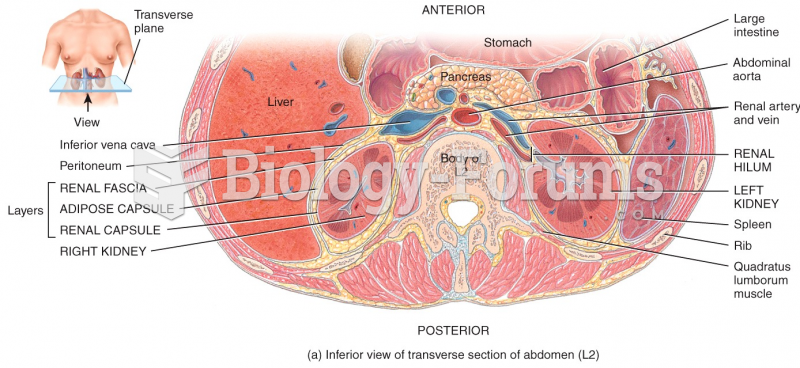Answer to Question 1
A
The major reason that documentation of this patient's health care must be accurate and complete is that she has complex health care needs in multiple settings and experiences a high risk for ia-trogenic problems and high reimbursement expenses. The duration of her care is likely to be lengthy; the sternal wound infection after CABG is serious because of the potential for sternal osteomyelitis. In addition, individuals with diabetes are at high risk for infection and are slow to heal.
The complexity of her care includes receiving care in multiple settingsat home, at di-alysis, and in primary care for postdischarge follow-up care. For an older adult with diabetes, coronary artery disease, renal failure, and a serious infection, each facet of her health care de-pends on complete and accurate data on the other aspects of her care to help her achieve optimal health and wellness. This older adult is at risk for iatrogenic problems because of the complexity of her care. Each type of care, each illness or condition, and each setting exposes this older adult to a separate set of risks. In addition, individuals with diabetes can have peripheral neuropathies that increase the risk for falls and injuries. This older adult incurs health care expenses dealing with complex health care requirements including a recent hospital stay for surgery and compli-cated by an infection, ongoing needs for hemodialysis, and home care. Because much of the care is nurse driven, documentation is the basis for which reimbursement is provided.
Answer to Question 2
B
Feedback
A Incorrect. The spread of HIV in this region is a public health concern.
B Correct. In a developing area such as sub-Saharan Africa, the majority of older adults will be women.
C Incorrect. The climate is a geographical concern.
D Incorrect. The lack of clean water is another public health concern.







